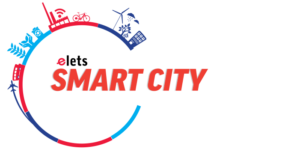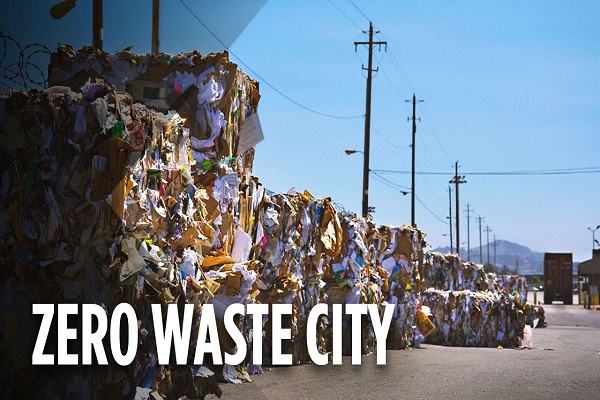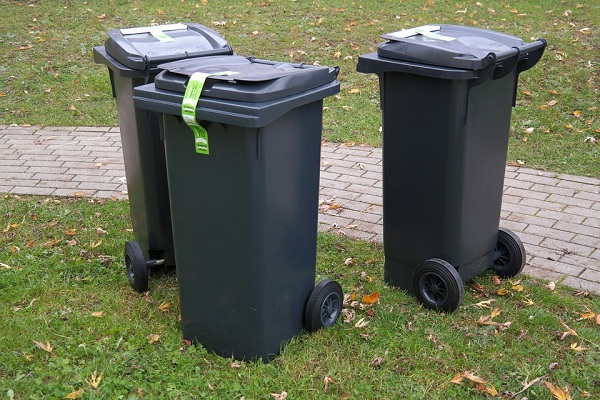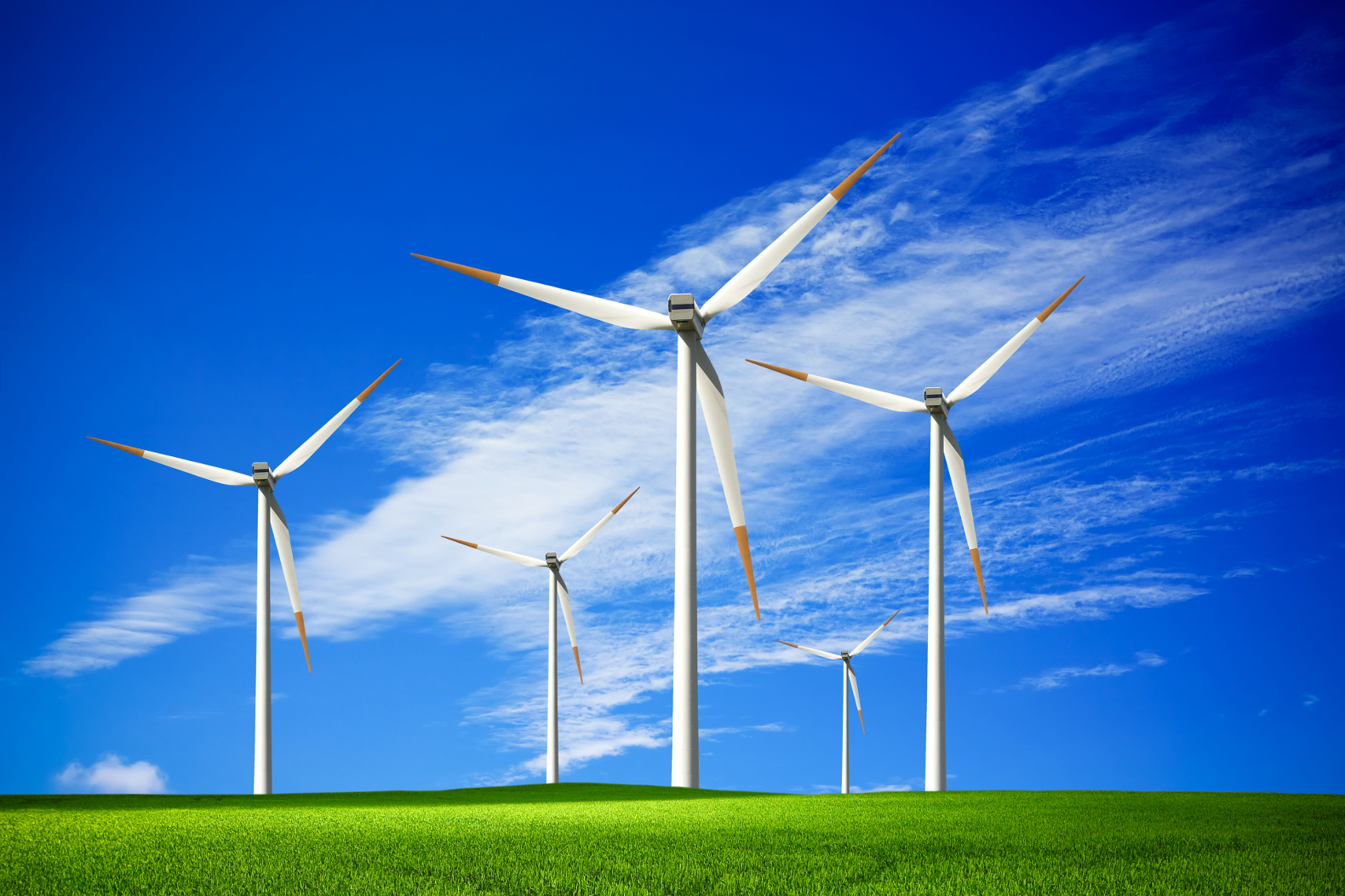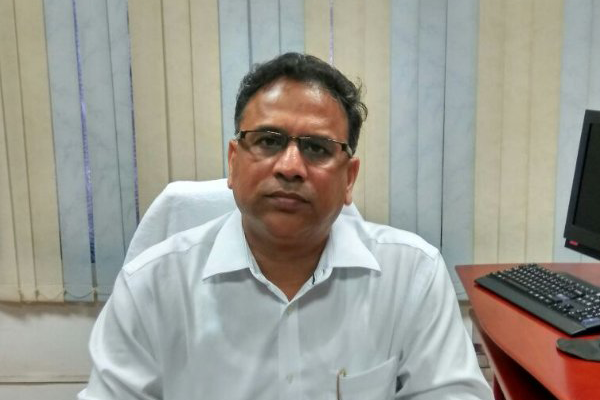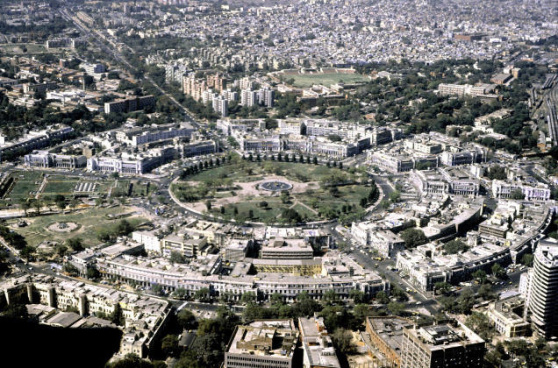
 At a time when the metropolitan cities across the country are struggling to find ways to dispose of municipal solid waste (MSW) in an efficient manner, a small hamlet in the Coimbatore district of Tamil Nadu has come up with innovative ideas in solid waste management (SWM), which could show big brothers the way!
At a time when the metropolitan cities across the country are struggling to find ways to dispose of municipal solid waste (MSW) in an efficient manner, a small hamlet in the Coimbatore district of Tamil Nadu has come up with innovative ideas in solid waste management (SWM), which could show big brothers the way!
Kurudampalayam Panchayat – the hamlet – is running a unique project, called Integrated and Sustainable Solid and Liquid Resource Management Project (SLRM), wherein cattle play a crucial role. Their urine is collected and stored in plastic drums to prepare ‘Panchagavyam’, a popular concoction used as pest repellent, toilet cleaner and a few other products, and the dung is transported to the biogas generation plant. The Panchayat has some 17 cows and bulls for the purpose.
Coimbatore District Rural Development Agency’s Project Director Tha Murugan says the agency is providing financial and technical assistance to the villagers in experimenting on this novel resource management system involving solid and liquid waste.
As part of the waste management process, the workers engaged in the process feed the cattle with good organic waste collected from over 13,000-odd households. According to a Panchayat official, only fresh fruit and vegetable waste is fed to the cattle after cleaning and the rest goes to the recycling plant. The rotten, wet and decomposing waste is taken to a shed, where it is spread into beds, sprinkled with watered waste and then left for 45 days to decay into manure.
As the villagers diligently collect animal waste, the dry organic waste is segregated from the wet organic waste right at the first stage and undergoes a very similar process before it turns into manure, explains R. Santhamani, Panchayat member, Ward 4, and head of the Vallari Self-Help Group that is engaged in the process. The manure thus prepared is sold in open market.
No waste is missed out. Coconut shells in the waste are collected and sold. The coconut husks are used for preparing vermin compost. Fruit peels of good quality are used for producing washing powder and peels of second quality are used for making toilet cleaners explains Ms. Devi. Likewise, the workers segregate egg shells, which they clean, dry and then powder to be sold as manure for rose plants.
The biogas generated from this is used in the SLRM Project kitchen for cooking food for the workers engaged. Biogas will also be used to prepare food to be sold through two canteens that are coming up in Kathirnaickenpalayam and Vadamarudai. The panchayat is also planning to let out their kitchen on rent. The Vallarai SHG members and the people they employ segregate the inorganic waste into different categories to be sold to waste dealers. However, they retain the plastic and glass bottles to reuse them to sell vermin-wash, egg shell powder, detergent powder, and a few other things.
Indian Green Service, an NGO headed by C Srinivasan, is helping the DRDA and the Panchayat in this novel project. He says that the SLRM Project is in keeping with the latest waste management technique. A very interesting aspect of the project is that the workers of the SHG have been employed to collect waste twice a day at a gap of 12 hours so that the waste is fresh. Another aspect is that a small fee is levied on the residents for running the project. However, by selling the inorganic resource, organic manure and various aforementioned products, the SHG should soon be able to run it on a self-sustainable basis.
At present, the DRDA is helping the Panchayat and the SHG project as do two companies that donate money under their CSR activities. The aim of the project is to attain self sustenance and a clean environment for the residents of the village adds, says another resident of the hamlet.
